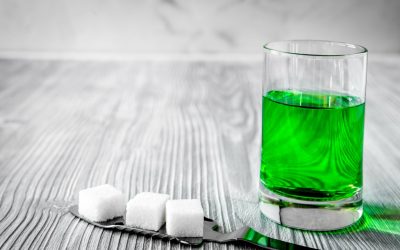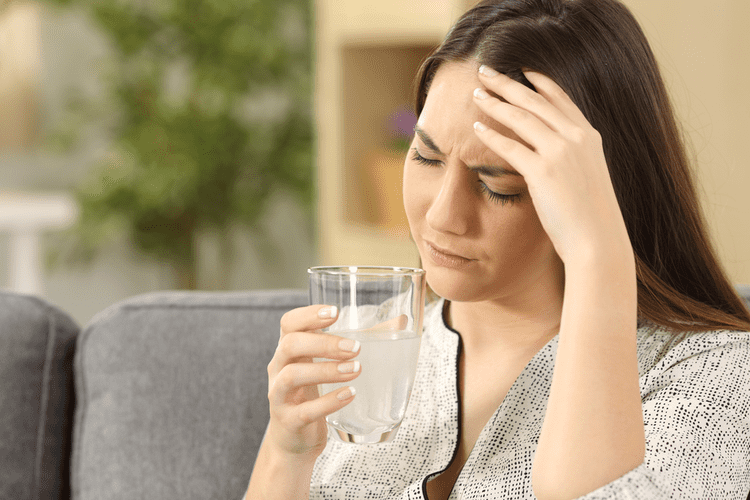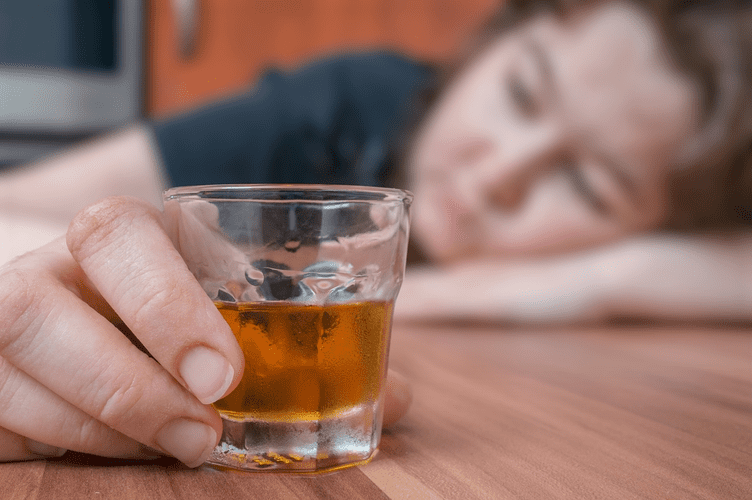Content
Drinking alcohol excessively can also get in the way of other activities, your relationships, and your self-esteem, which can further affect your mental health. Alcohol affects your brain, making you feel relaxed in a small amount of time. As you drink more, you become intoxicated and unsteady, and you might do or say things you normally won’t. Take our short alcohol quiz to learn where you fall on the drinking spectrum and if you might benefit from quitting or cutting back on alcohol.
How long does alcohol induced depression last?
The actual duration of alcohol-induced depression can greatly vary. Depressive symptoms that are associated with alcohol-induced depression have been shown to significantly improve after an individual has abstained from alcohol for a certain period. It is typically 3-4 weeks in a variety of cases.
& Mann, A. H. Social support deficits, loneliness and life events as risk factors for depression in old age. Leon-Munoz, L. M., Guallar-Castillon, P., Garcia-Esquinas, E., Galan, I. & Rodriguez-Artalejo, F. Alcohol drinking patterns and risk of functional limitations in two cohorts of older adults. Distribution of depression and psychological distress scales in the Seniors-ENRICA and ELSA cohorts, at baseline and at follow-up.
What are Some Healthy Ways to Manage Depression?
According to the National Institute on Alcohol Abuse and Alcoholism, moderate drinking means one drink per day for women and two drinks per day for men. When you regularly turn to alcohol to manage challenges and negative feelings, you may not take other actions that could help you address those problems effectively. The more you drink, however, the more likely your emotional state will begin plummeting back down. Sometimes, alcohol can make you feel even worse than you did before. Serotonin, which helps stabilize mood and promotes feelings of well-being and happiness. Verywell Mind uses only high-quality sources, including peer-reviewed studies, to support the facts within our articles.

Therefore, when alcohol is not in the body, a person is left with lower levels of these important neurochemicals. And when alcohol is stopped completely, anxiety and depression after drinking can be long-lasting until the brain repairs itself.
What to know about alcohol and depression
Lower levels of these neurotransmitters can make individuals feel anxious, irritable, worthless, foggy-brained, and depressed. Individuals living with depression typically feel even more depressed when these brain chemicals are low. Despite what most people might think or feel, alcohol makes symptoms of depression worse. The Centers for Disease Control and Prevention has found that 9 out of 10 adult binge drinkers don’t have a severe alcohol use disorder, but that doesn’t mean alcohol isn’t a problem for them. Drinking to cope with depression, no matter if you have an alcohol use disorder, is concerning. Even though it may seem like depression and alcohol have formed a downward spiral from which there is no escape, that’s just not true. Contact a treatment provider to discuss treatment options today.
- It also might be a good time to seek medical advice about whether or not it’s time to quit altogether.
- Generally, you should limit your intake to 14 units of alcohol in a week — this is equal to six standard glasses of wine or six pints of lager.
- You may not realize how much alcohol you’re actually drinking in a week.
- The two conditions often co-occur with anywhere between 33% and 63.8% of people with AUD also having depression.
Both alcohol use and depression may cause you to distance yourself from family and friends, which worsens both disorders. Decrease levels of brain chemicals necessary to your sense of well-being. Small amounts of alcohol may temporarily increase these chemicals and relieve stress, but continued use damages the mood regulation function of the brain, increasing anxiety or depression. Alcohol and other addictive substances affect the pleasure and reward center of the brain, triggering the release of chemicals that produce joy, euphoria, and a feeling of well-being. Because addictive substances raise the levels of “feel good” chemicals at a rate much higher than would occur naturally, they strongly reinforce the desire to repeat the experience.
Alcohol consumption and risks of hypertension and cardiovascular disease in Japanese men and women
Childhood depressive symptoms and early onset of alcohol use. APA releases https://ecosoberhouse.com/ new practice guideline on treatment of alcohol use disorder.

Drinking beer, wine, whiskey, or any other alcoholic beverage affects the way individuals sleep. Some individuals may experience alcohol and depression insomnia, or the inability to fall asleep, while others deal with hypersomnia, the inability to stay asleep.
Drinking alcohol deprives you of quality sleep.
If you’re in recovery, and depression is a drinking trigger for you, this can make things especially difficult. Your system will eventually recover, but it can be helpful to have long-term support.

Is generally the first step in an individual’s recovery process and it’s followed by the person’s entry into a formal drug rehabilitation program. With detox, the person can comfortably and safely withdraw from alcohol.